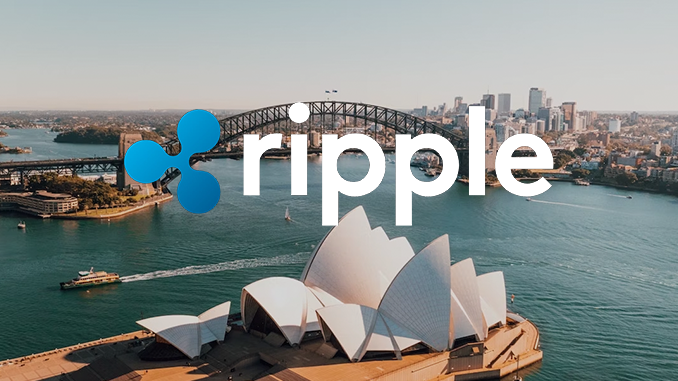
While waiting for a ruling in the US Securities and Exchange Commission’s case against Ripple, crypto lawyer John Deaton takes another look at a detail. It’s about XRP sales on secondary markets and their legality.
Amid the heated atmosphere in the U.S. crypto industry caused by the U.S. Securities and Exchange Commission (SEC), the wait for a ruling in the Ripple (XRP) case is becoming a test of patience. The SEC had sued Ripple in December 2020 over the alleged illegal sale of XRP. Ripple’s cryptocurrency constitutes a security (“securities”) under U.S. law, the SEC argues, and therefore feels it has jurisdiction to regulate it. But the Howey Test and settled case law cited in the process do not support the SEC’s position, at least when XRP is traded on secondary markets such as a crypto exchange, on the other hand, writes prominent crypto lawyer John Deaton on Twitter.
Deaton is representing XRP investors in the SEC v. Ripple lawsuit. His clients say they were not lured directly by Ripple with a written fixed profit expectation or the promise of company shares when they made their XRP purchases. They are specifically not seeking compensation from Ripple – as the SEC is actually seeking vicariously. But perhaps more important is what Deaton elaborates on secondary markets for XRP and other cryptocurrencies. Because on this issue, he has already won a legal victory in a similar SEC v. LBRY case. There, in judgment of the appeal, there was a clearly worked out difference between sales of the cryptocurrency by the project team itself and trading on secondary markets.
Therefore, for Deaton, it is also clear in the case of XRP: if the cryptocurrency is bought and sold on crypto exchanges or between private individuals, the SEC is not responsible in any case. Because in such deals with XRP, there is no investment contract and no prospect of company shares in Ripple. This is a weighty argument to the practice because XRP has been delisted from all major North American crypto exchanges and efforts by investors to get XRP reinstated at Coinbase, for example, have so far come to naught.
Polygon, Solana and Cardano legal on secondary markets?
Deaton’s line of reasoning is also relevant for a second reason. That’s because the SEC now designates more than 50 altcoins as “securities.” Yet three popular cryptocurrencies have already run into trouble, namely Cardano (ADA), Polygon (MATIC) and Solana (SOL). In their cases, US neon broker Robinhood and crypto trading platform Bakkt have already committed to delisting – before there is any court ruling on their status. There is a fear among investors that other trading venues in the U.S. will likewise opt for a precautionary delisting in cases involving Polygon, Solana and Cardano to avoid trouble with the SEC. But if one follows Deaton’s assessment, the trading of tokens such as ADA, MATIC and SOL on secondary markets does not fall under the SEC’s jurisdiction anyway.
Bottom line: the U.S. needs transparent regulation of Ripple and Co.
The legal battle over XRP’s status is stinging evidence that the U.S. lacks transparent regulation of the crypto industry. As long as the SEC’s involvement was limited to Ripple and rather insignificant minor securities, some liked to avoid looking at the big picture. But since the SEC this month also opened fronts against crypto exchanges Binance and Coinbase, as well as well-funded coins such as Cardano, Solana and Polygon, it is no longer possible to suppress the fact that the legal gray area is more than risky. Many in the U.S. are already looking enviously at the EU, where a comprehensible legal basis for cryptocurrencies and trading was most recently adopted with the MiCA regulatory package.

Leave a Reply